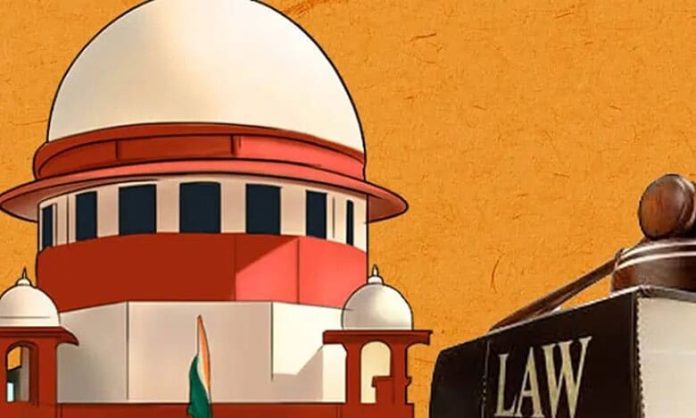New Delhi: The Supreme Court on Tuesday began hearing petitions challenging the constitutional validity of the Waqf (Amendment) Act, 2025, but made it clear that any request for interim relief would require a strong and glaring case. The hearing was conducted by a bench comprising Chief Justice B R Gavai and Justice Augustine George Masih, which acknowledged the presumption of constitutionality in favor of laws passed by Parliament and deferred the matter to resume on May 21.
The Centre, represented by Solicitor General Tushar Mehta, urged the court to limit the scope of the case to three key issues, including the authority to denotify properties as waqf, the structure of the Waqf Boards, and whether government land inquiries can override waqf status. However, senior advocates Kapil Sibal and Abhishek Manu Singhvi strongly opposed this approach, arguing that the entire law represents a systematic effort to undermine and seize waqf properties through executive actions.
Sibal described the amendment as a serious departure from historical legal and constitutional principles, emphasizing that the government cannot decide which issues can be challenged. He expressed grave concern over provisions that allow the executive to declare waqf properties as non-waqf pending inquiries, denying affected parties the right to a judicial remedy. He also criticized changes in the law allowing non-Muslims on waqf boards and the possibility of a non-Muslim CEO, asserting this violates Articles 25 and 26 of the Constitution.
Sibal also highlighted the danger posed by Section 3D of the amended Act, which removes waqf status from any property declared as a protected monument. He questioned how authorities could demand documentation for waqfs that were created centuries ago and warned that this would deprive communities of their religious rights and properties.
Senior advocate Rajeev Dhavan called the amendments an attack on secularism and cultural autonomy, stating the Centre failed to apply the principle of proportionality. Singhvi, too, raised objections to the clause that restricts waqf creation to Muslims practicing Islam for at least five years, terming it arbitrary and discriminatory.
The petitioners argued that allowing such provisions to operate without judicial scrutiny would cause irreparable harm and urged the court to intervene before the law could be implemented.




